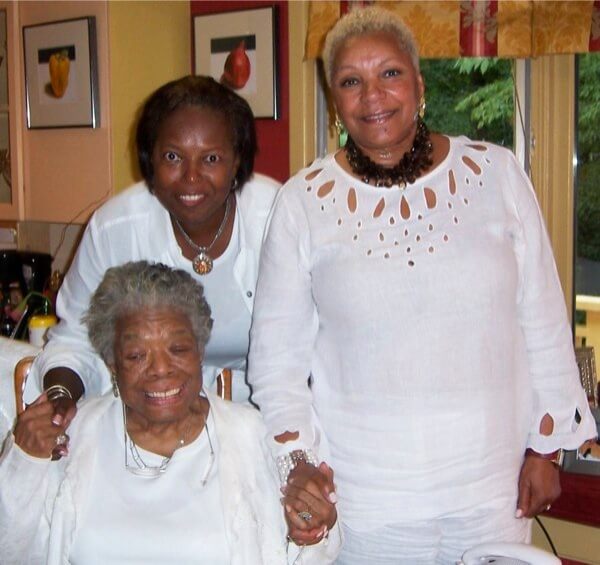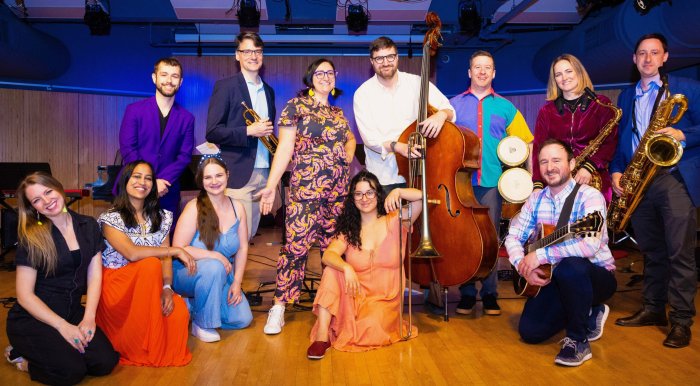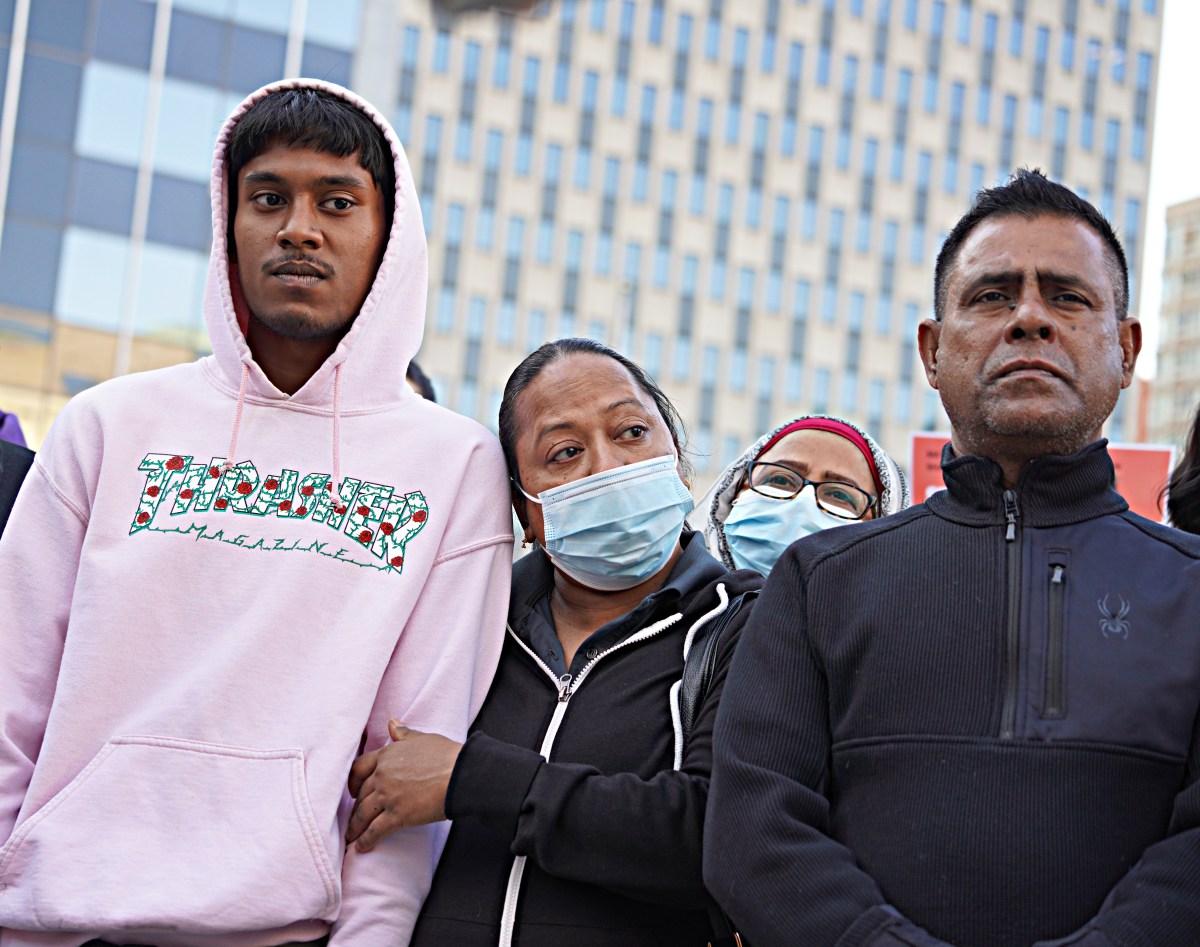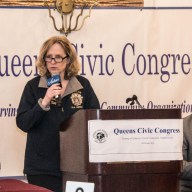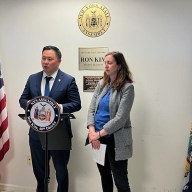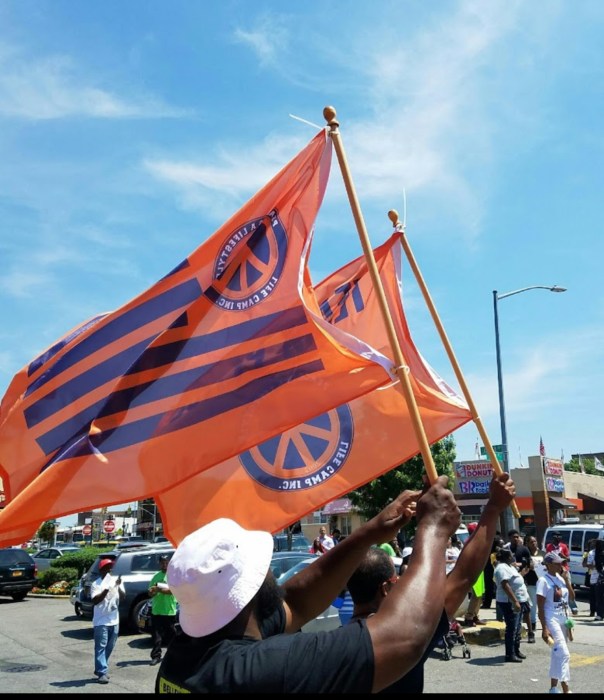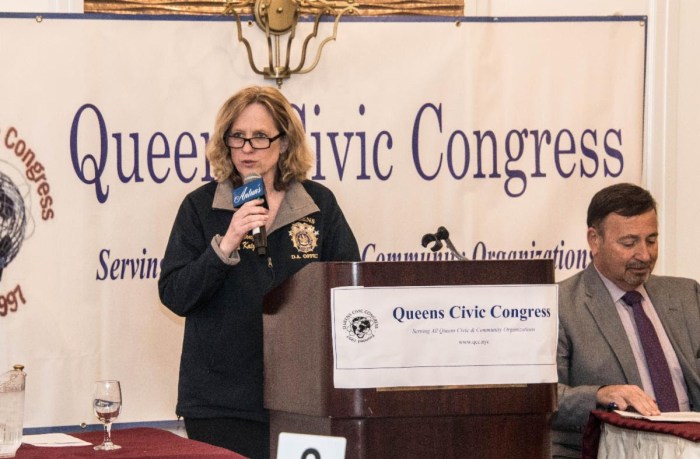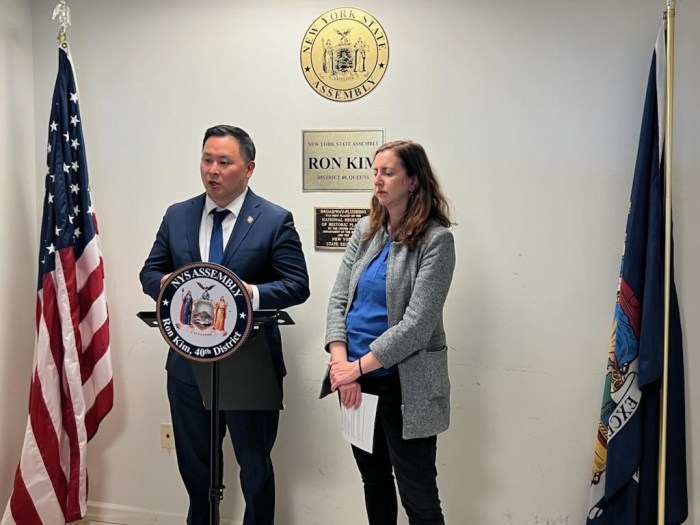By Merle Exit
A one-minute commercial serves to span the successes of one woman as you hear the voice of Maya Angelou reciting one of her poems. It is the year 1968 in New York. There is a teenage girl with her family excitedly watching an Olympic track meet surprised and excited to see that they are both women and black. Her father is cheering in the background.
Cut to a college student playing in an Olympic basketball game with her team winning as you hear, “You may write me down in history with your bitter, twisted lies.” The commercial then views the woman on a bus going to work and taking a seat at a Wall Street firm with people surprised, confused and even questioning her being there. “You may trod me in the very dirt, but still, like dust, I’ll rise.”
The women’s name is Gail Marquis, a world Champion, Wall Street executive, advocate and an MBA graduate, Class of 2006 at University of Phoenix, which ran the commercial.
“Most of us hear the voice of Maya Angelou, someone who is revered and wondering what she has to say or ask who she is endorsing,” Marquis said.
She grew up in Queens, where sports quickly became her passion.
“There wasn’t a wide variety of organized sports for women,” Marquis said. “I knew that I wanted to compete in the Olympics. It was in high school that the gym teachers organized some teams.”
Having participated in various sports, she zeroed in on basketball with a vision of playing for Queens College, which had open enrollment at the time. She enrolled at the college and was excited to continue her hoops career and while she was the best player on her high school squad, she quickly learned how much harder the college game was.
“I was met with 11 other players who were better than I,” Marquis said. “I had to learn much and found myself challenging myself.”
The Queens College Women’s basketball team was well-known at the time. Coach Lucille Kyvallos was making history, pioneering the first women’s basketball program to play at Madison Square Garden.
“She was very intense, focused and driven wanting more for women,” Marquis said. “Sometimes we used to work out for an hour before even touching the basketball.”
Marquis went on to compete in the Olympics in her senior year picking up a silver medal. Without any basketball to return to at Queens College, she opted to play in France.
Upon returning stateside, Marquis joined a professional league in New York, where the Stars played at Madison Square Garden.
After her time with the Stars, Marquis worked hard to earn a teaching degree with a dream of becoming a teacher. But the job market made it difficult, with the industry in a hiring freeze at the time.
Marquis was encouraged to go to downtown Manhattan where jobs were being offered and it was there where she began working for Dean Whitter Reynolds, a stock brokerage firm.
“I liked the competitive nature of Wall Street,” Marquis said. “They weren’t used to seeing a woman, yet alone a woman of color. I wanted to be a broker and sell securities. I kept training and moving up the ranks despite their being uncomfortable about it.”
While she was focused on her new career on Wall Street, Marquis found a way to keep basketball in her life, teaming with buddies from her past, including Carol Blazjowski and Kathy Shearer.
“We formed a team playing exhibition games against the Big Eastern teams prior to their college seasons and usually winning,” Marquis said.
Her Wall Street career continued to offer opportunities for Marquis, including one as an actress.
“Still involved with Wall Street, my partner Audrey Smalz and I were asked to be in a small movie in 2013 called, ‘The Devotion Project’,” Marquis said. “We were very well known in the LGBT community.”
Sustaining a good life style, Marquis and Smalz became forefront fighters for the Defense of Marriage Act.
Marquis currently works at the New Jersey City University as the director of small businesses, giving her the opportunity to give back to the community and help support students.
As for her commercial for Phoenix University, Marquis said it was based on Wall Street and the hurdles she had to come up against.
“It’s about when you think you can’t and being able to empower yourself,” she said.

